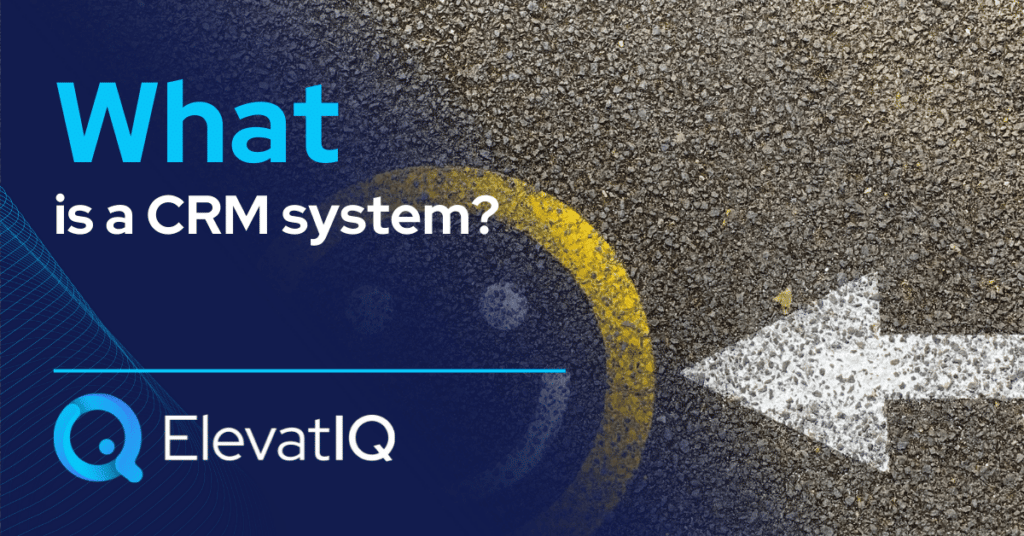Customer Relationship Management: What is a CRM system?
An enterprise software category for managing front-facing customer-centric workflows, CRM stands for customer relationship management. Addressing the needs of various touchpoints across the customer journey, most common CRM systems contain several different suites. These suites range from Sales Cloud, Marketing Cloud, Customer Service Cloud, Field Service Cloud, Advertising Cloud, and Call Center Operations. In some cases, they might also have industry-specific capabilities and their cloud.

With variations in their business models and transactions, each industry may have several business models and unique customer journeys. While smaller CRM packages accommodate standard sales cycles, customizing them might be challenging as they prioritize ease of use over scalability. In general, each market segment, such as startups, small, mid-sized, and large, has unique needs for its CRM system. Startups might prioritize easier implementation because of a limited implementation budget. Larger companies, on the other hand, focus on security and auditability, their primary need of data requirement to manage larger teams.
The importance of CRM Systems
CRM systems come in various shapes and sizes, some primarily dealing with marketing automation workflows while others specialize in downstream transactions. Depending on the business model, the needs of a CRM system could vary. But regardless of your use cases, a CRM system is critically important because of the following reasons:
- Customer Acquisition. CRM allows you to track the activities of your prospects when they engage with your brand or content, regardless of whether internal or external channels. This makes personalized content easier, helping with research and customer journeys. All in all, these strategies will help improve your conversion rate.
- Customer Retention. CRM also helps nurture relationships with your existing customers and prospects, keeping their memories refreshed with brand updates and key activities. So your brand is at the top of their mind when they might be in the market for your product or service.
- Customer Experience. Because of the consistent customer view across different departments, internal employees operate on the same data. This allows consistent messaging and seamless interaction, adding substantially to customer expereince.
- Customer Insights. Data collected through multiple channels is stored in appropriate hierarchies, allowing insights at every touch point, whether transactional insights or to support macro-level decision-making.
- Territory Planning and Allocation. CRMs also allow teams to maintain their workspaces without conflicts, recording interactions and activities and making them available for other teams. It helps sales leadership align territories with various permission sets, whether they prefer complete visibility into the entire account base or partial visibility.
While these are just some of the core benefits, a CRM suite helps companies manage their customer-facing channels with omnichannel traceability and experience.
Wrapping up!
Most CRM systems are more of the platforms requiring substantial consulting help unless the sales and marketing processes are relatively straightforward. Selecting a CRM system requires carefully evaluating the needs of each stakeholder, creating an as-is and to-be process model, and validating that with the capabilities of the target system.
While some level of customization might be possible, assuming that they are infinitely scalable might fire back, locking yourself in a long-term contract without generating much business value. Hiring an independent CRM consultant to manage the selection and change management could be one way to mitigate these risks.


